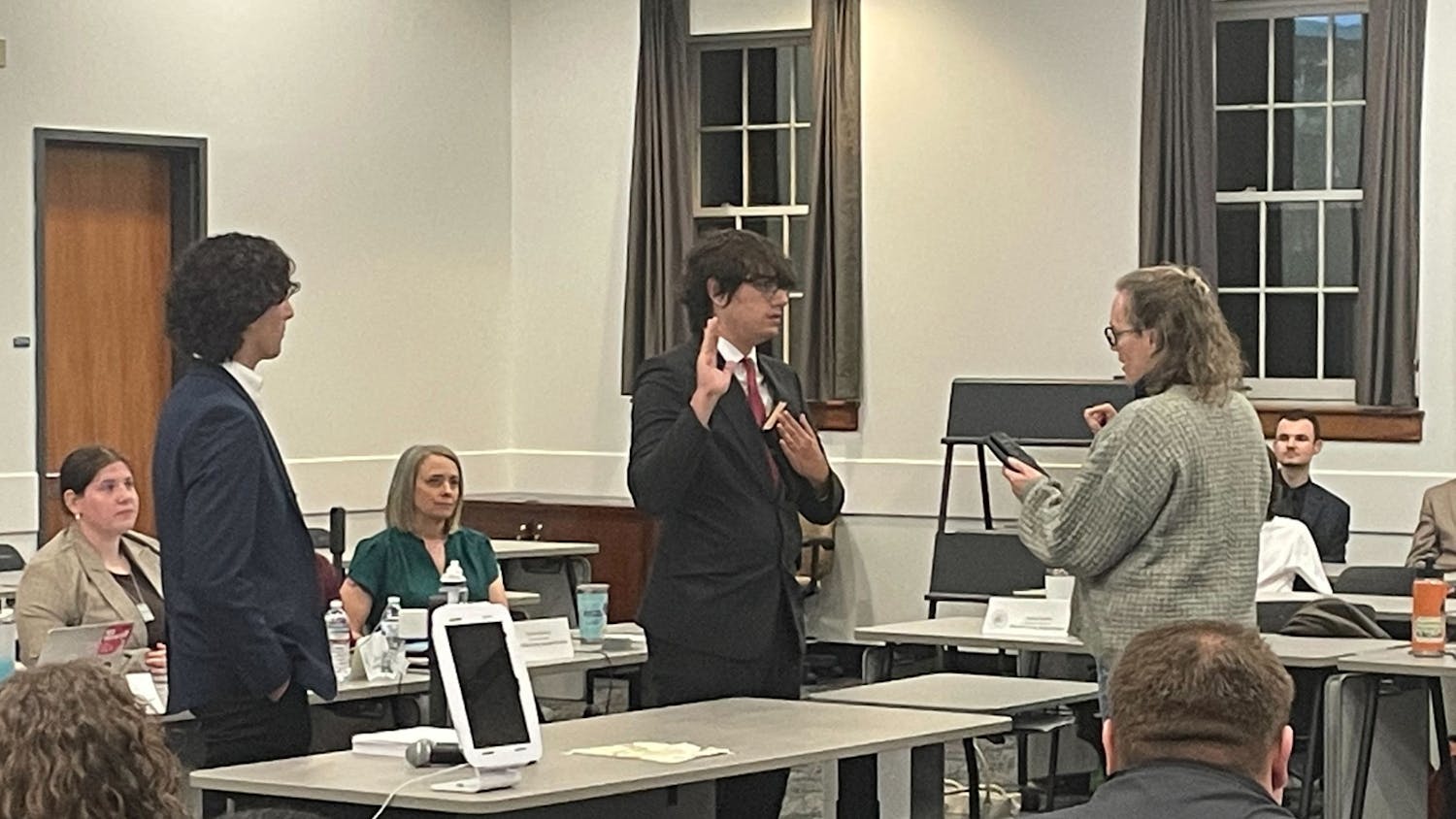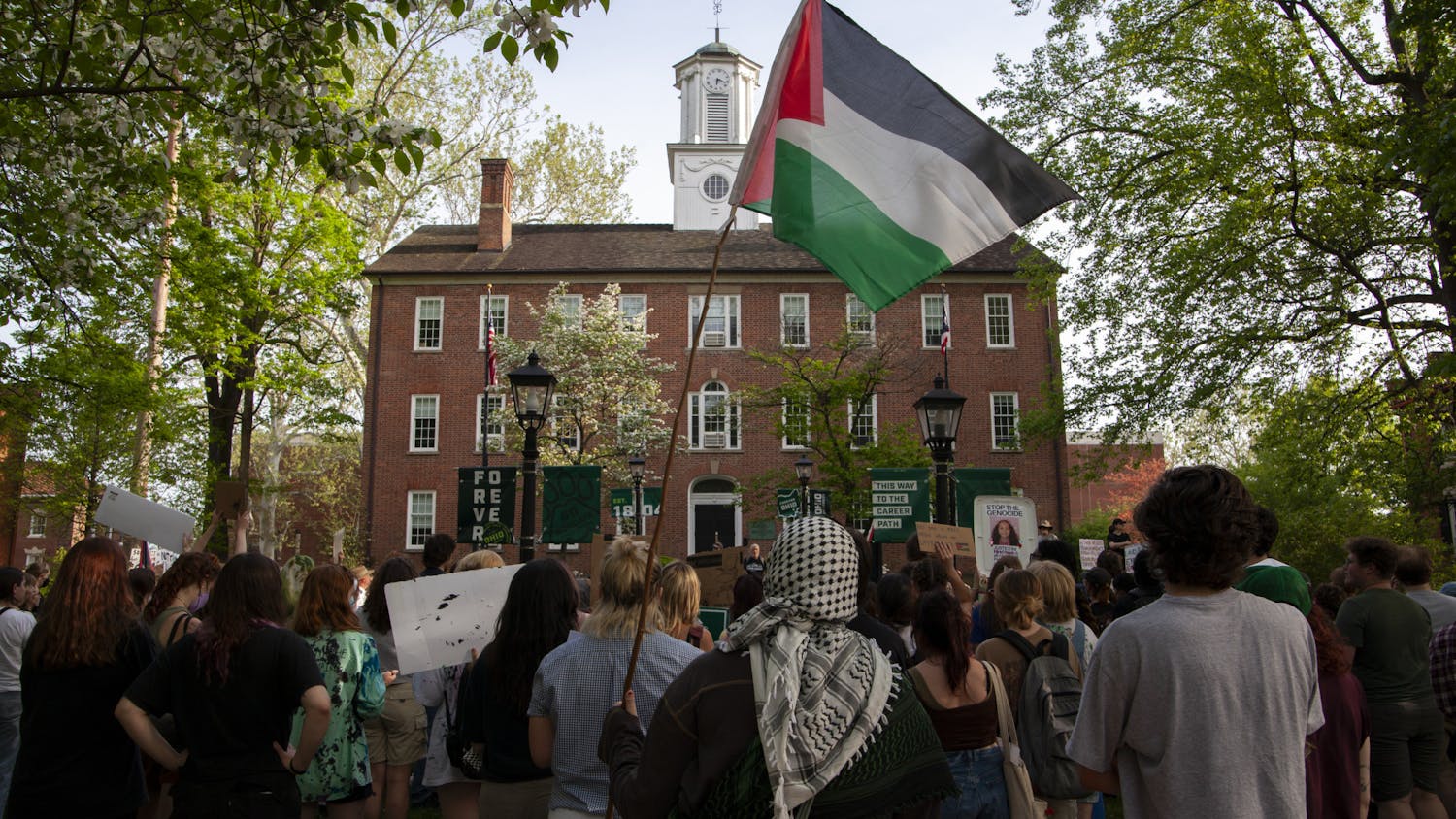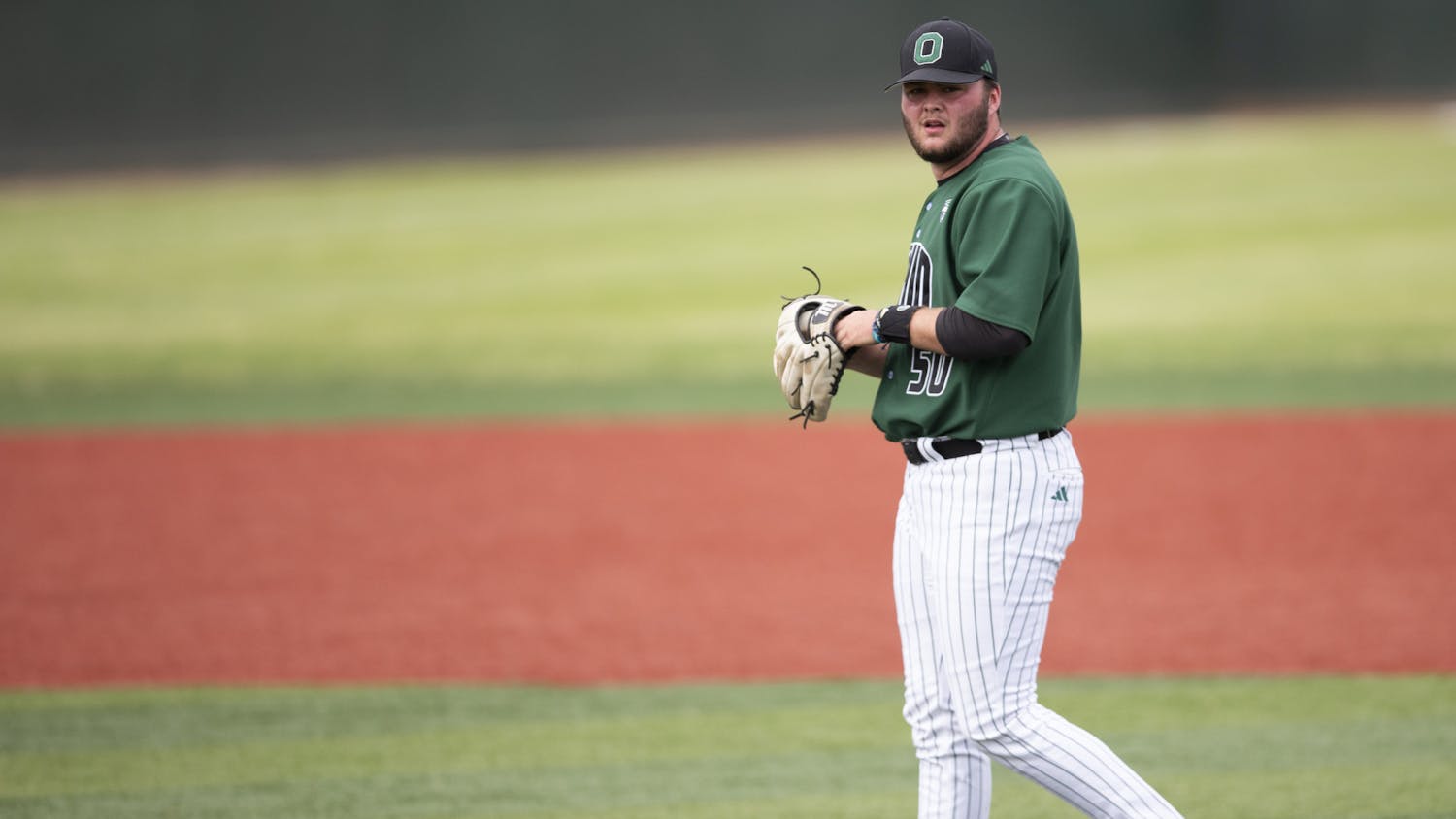Despite having been announced only a week ago, Ohio University’s interim “Freedom of Expression” policy has caused quite the stir among students and faculty for its restrictions on demonstrations in university buildings.
The policy places limitations on “demonstrations, rallies, public speech-making, picketing, sit-ins, marches, protests and similar assemblies,” and allows the university to limit conduct that disrupts its operations, interferes with student activities or poses safety risks.
When OU President Duane Nellis addressed students at this week’s Graduate Student Senate meeting, he made it clear that the policy was drafted based on similar free speech policies at other public universities in Ohio.
So how do those schools stack up? Here’s how four other universities in Ohio govern freedom of expression:
Bowling Green State University
The “Student Organizations Policies” at Bowling Green State University state that although the school recognizes “the importance of ... free speech,” it reserves the right to determine the “time, place and manner of space and facilities” to prevent interference with daily operations.
Those who wish to demonstrate — specifically, “departments, student organizations or groups outside the university” — must submit an application for grounds use to the university at least 10 working days before the planned event, according to the policy.
It is the responsibility of event organizers and sponsors to ensure activity “does not interfere with the academic mission of the University” and does not impede the free flow of pedestrian and roadway traffic.
BGSU received a “yellow light” rating from the Foundation for Individual Rights in Education, which cited in a memorandum that “demonstrations and protests are often spontaneous responses to unfolding events.”
Miami University
According to Miami University’s “Public Speaking, Leaflet Distribution, and Demonstration” policy, demonstrations “may not occur inside University buildings, on porches or porticos of University buildings, or on lawns of University owned residential facilities.”
Additionally, demonstrations may not impede “ingress or egress” to the university or any of its parking lots, buildings, facilities or events. Demonstrators must stay at least 25 feet away from the entrances to any of those facilities.
In the context of Miami’s policy, which was last updated in 2016, the term “demonstrations” refers to “picketing, petition, circulation, public speech making, rallies, the appearance of public speakers in outdoor areas, mass protest meetings to display group feelings or sentiments.”
The university also prohibits the dissemination of information that is “obscene or libelous” or advocates unlawful conduct.
Kent State University
Although demonstrations, marches and non-university affiliated speakers are supposed to be registered with the school, Kent State University’s policy contains a non-registration clause, permitting such activities without registration, as long as they do not include sound amplification equipment or impede upon the normal activities of those not participating.
Demonstrations may not be conducted within university buildings, unless approved by the director of campus life or another designated official. The university’s policy, however, provides a list of suggested outdoor spaces for non-registered demonstrations, although uses of those spaces are limited to one-hour blocks of time.
If demonstrations are not registered with the university, or occur outside of designated areas, they shall be “subject to immediate cancellation,” and ordered to disband “in consultation with police.”
According to the policy, “any person failing to disband from a demonstration or march upon being so ordered … (is) subject to appropriate legal sanctions,” including code of conduct sanctions “and/or” arrest.
University of Cincinnati
The University of Cincinnati’s “Use of Facilities” policy states that it aims to protect and regulate the use of designated outdoor facilities for “all forms of free expression,” including political speech, demonstrations, marches, rallies, protests and more.
Organizers are not required to register events in advance unless attendance is expected to be more than 5,000. Several outdoor venues are designated for “speaking activities,” although the university’s policy on indoor demonstration is unclear.
According to the policy, speaking activities must not “impede ingress or egress” to university property, and “must not obstruct or disrupt university teaching, research, or administration of university business.” Those who violate the policy on outdoor speaking are referred to code of conduct administrators.






